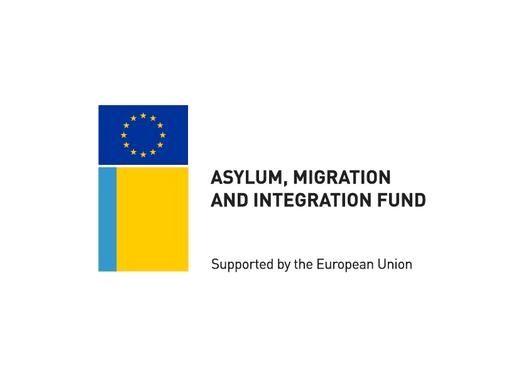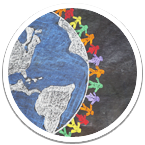Compassion fatigue and work guidance
The terms compassion stress and fatigue as well as secondary traumatic stress describe a phenomenon in which the difficult and traumatic experiences of a client are transferred to an employee or working community and cause them mental strain.
Professionals working with refugees often encounter clients suffering from multiple traumas, with a difficult life situation, and a need for multiple services. The diverse needs of the clients produce a special challenge in the work.
Work guidance provides a tool for relieving compassion stress and developing the work of professionals. Work guidance aims at supporting professionals in their jobs and providing them with new perspectives and tools for their work tasks.
Prolonged compassion stress may result in fatigue
Those whose profession involves helping others use their ability for empathy and identification as their tools, as these allow the professionals to put themselves in their clients’ position and connect with them. For these professionals, empathy and identification are preconditions for carrying out their basic task, i.e. helping people. This also exposes the professionals emotionally.
Compassion stress is a phenomenon in which the difficult and traumatic experiences of a client are transferred to an employee and cause him or her mental strain. The symptoms of compassion stress include normal reactions to situations that are abnormal and often inhuman.
Sometimes this strain is excessive, continues for too long, or the employee is unable to relieve it. The experiences and emotions transferred from a client to the employee expose the professional to excessive stress, which may lead to compassion fatigue. Compassion fatigue can manifest in forms such as difficulties related to sleeping, anxiety or different pains.
Compassion fatigue can be prevented
It is important that those encountering refugees in their work are able to recognise compassion stress and avoid compassion fatigue.
Professionals can prevent their compassion fatigue with measures such as:
- Acknowledging the risk for compassion fatigue.
- Participating in training that provides information about the effects caused by emotionally stressful work.
- Getting courage to talk about compassion fatigue without a fear of being labelled as 'weak'.
- Relieving the compassion fatigue within the work community.
- Utilising multiprofessional team work or work in pairs.
- Referring clients to other workers if necessary.
- Participating in work guidance.
- Engaging in leisure activities that allow forgetting about work.
Compassion stress is not a disorder and compassion fatigue is not a diagnosis in itself; instead, these are primarily work-related and manageable phenomena. Compassion stress does also not automatically result in fatigue.
A growth in professionals’ strengths in appointment situations is known as secondary resilience. At best, discovering a client’s coping methods and strengths may also result in the professional’s empowerment together with the client.
Work guidance is vital for coping at work
Work guidance is a process between a work counsellor and the employee participating in the work guidance. The aim is to support the professional in his or her work. Work guidance takes place during working hours and is carried out individually or in a group.
Interactive work with others or other demanding work assignments often evoke reactions, thoughts and emotions in employees, who, in turn, benefit from being able to further process these. Different aspects of these issues may be examined in work guidance.
Indeed, work guidance is often necessary in work with refugees for the purposes of both coping as well as developing at work. It is appropriate that professionals are provided with sufficient work guidance paid for by their employee in line with the demands of their work. Work counsellors should also be familiar with the special issues related to working with refugees.
Work guidance serves as an environment for developing the work of professionals, and often results in improving the quality of work.
Part 7: Empathy and Compassion Fatigue





